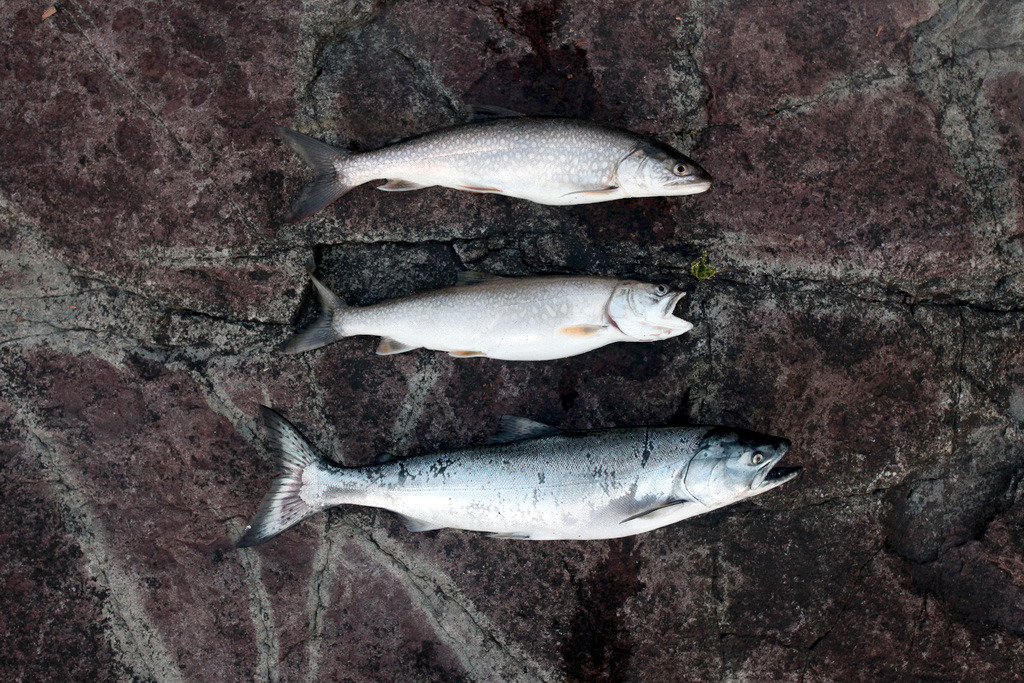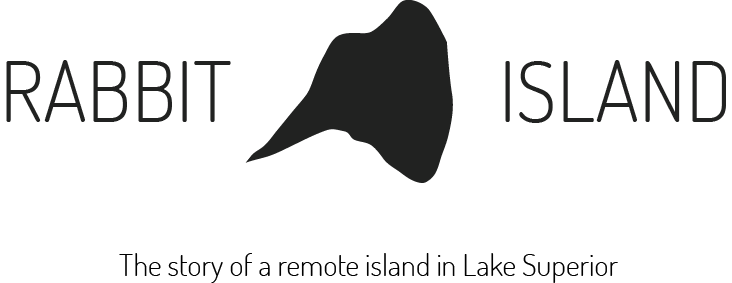
Never Fall in Love With Your Hypothesis
Rabbit Island’s 91-acre ecosystem has persisted throughout history without experiencing subdivision, forestry, or industry and thus retains objective features conducive to the objective study of nature. Because of this unique circumstance, scientific inquiry is supported on Rabbit Island in any subject area falling under the broad umbrella of science—biology, botany, forestry, ornithology, ecology, geology, sustainability, etc.
Following examples set by other classic wilderness-based academic organizations—Huron Mountain Club Wildlife Foundation, Isle Royal National Park Research, Apostle Islands—the Rabbit Island Foundation encourages the study of the Lake Superior terrestrial and aquatic ecosystems. Goals include broadening the understanding of natural cycles in the native lake environment, defining the influence of human activity and industrial byproducts on this subscribed example of nature, and paying homage to America’s frontier narrative.
All researchers are encouraged to submit proposals.
Examples of possible research topics:
+ The annual measurement of Mercury found within various size classes of native Traverse Island strain Lake Superior lake trout.
+ The effect of annual temperatures on breeding success of the Rabbit Island blue heron colony.
+ Lake Superior water quality pre and post-Keweenaw stamp sand remediation efforts.
+ Observation of the life cycle and habits of the island’s resident bald eagles.
+ Lake Superior forest composition, succession, and climax community characteristics in the absence of large browsing mammals.
+ Genetic diversity definition of native Rabbit Island lake trout populations.
+ Standardizing an island process for measuring nutrient loads in Lake Superior.
Researchers will be provided access to the island with little bureaucracy in the hopes of encouraging scientific discourse and the systematic knowledge of the natural world gained through observation and experimentation. All proposals will be entertained.
Contact:
Rob Gorski, M.D., at rob@rabbitisland.org with proposals or for more information.
